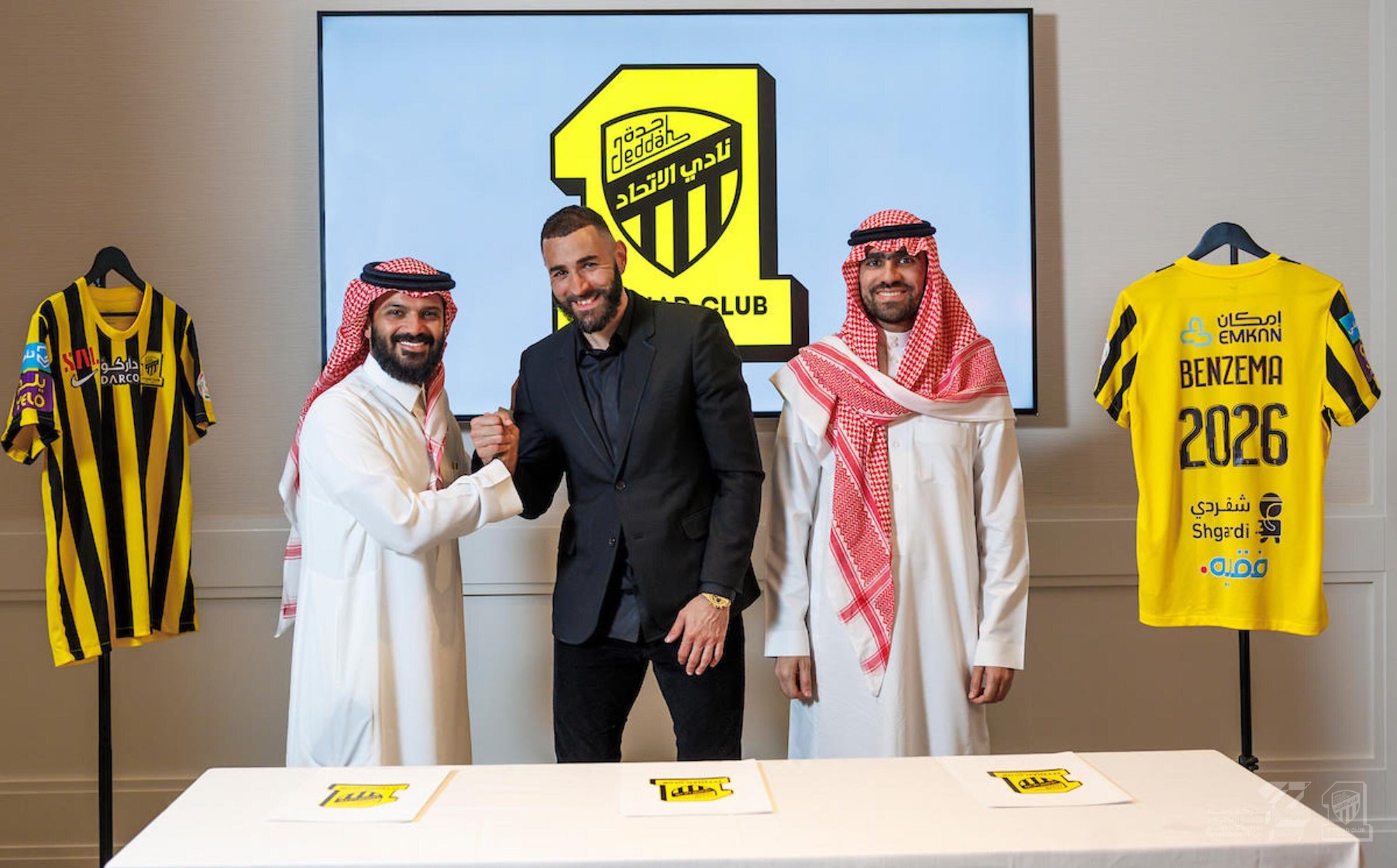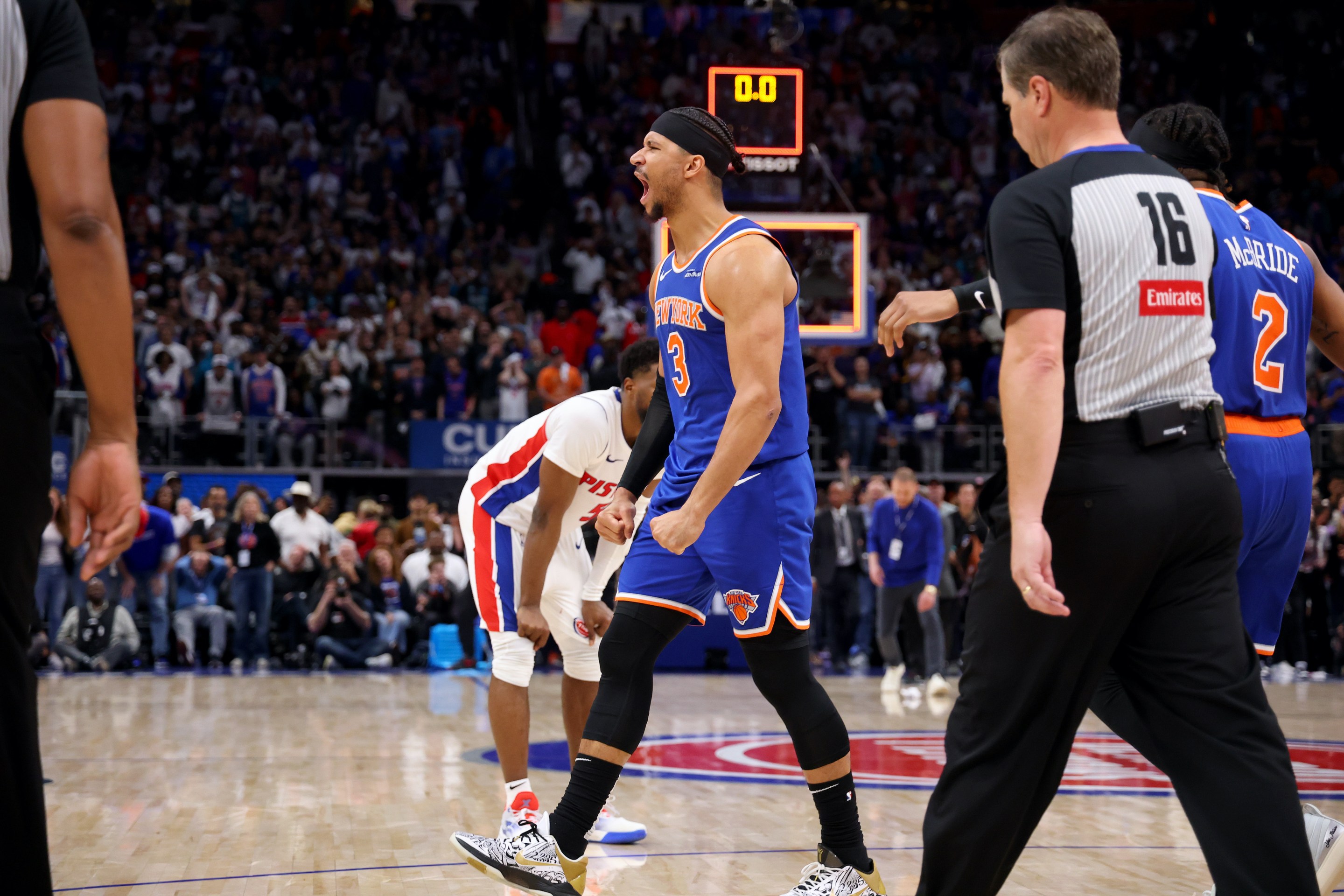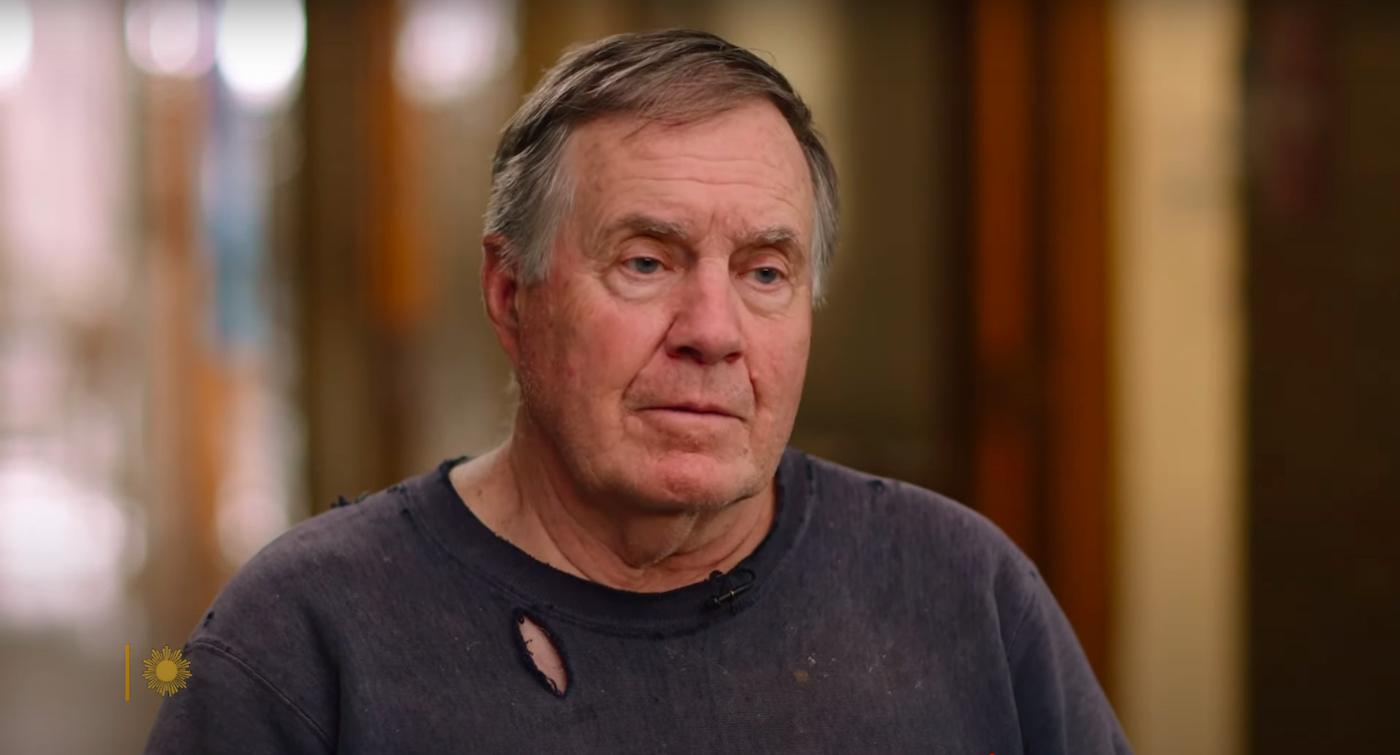It's a surreal sight when a World Cup champion can be spotted shopping for groceries in Florida, mostly unbothered, but that's a byproduct of Lionel Messi and his move to Inter Miami. The seven-time Ballon d'Or winner officially signed with the MLS club this weekend for something around $50-60 million a year, in lieu of an offer somewhere in the range of $400 million annually from Saudi club Al Hilal. He might be the only big name who hasn't been successfully wooed by the Saudi Pro League this summer.
A couple of days before Messi made his decision, the Saudi Arabia ministry of sport announced that the country's Public Investment Fund would take majority control of four clubs in the SPL: Al Hilal, Al Ahli, Al Nassr, and Al Ittihad. Cristiano Ronaldo, who joined Al Nassr this past December, is still the most popular player to join the league, but the summer transfer window has revealed a broader plan: Offer absurdly lucrative deals to guys who might be past their peak but still hold a lot of name recognition.
A New York Times report published last Thursday provided some interesting details within the strategy. The PIF will make a reported $800 million available for signing players who would bring the SPL attention and stature. The goal is to make "at least 18 high-profile signings," and they've been rolling in over the past month or so. Karim Benzema, N'Golo Kanté, and Jota have agreements with Al Ittihad; Rúben Neves, Kalidou Koulibaly, and Sergej Milinkovic-Savic went to Al Hilal; Édouard Mendy and Roberto Firmino joined Al Ahli; and Steven Gerrard agreed to coach Al Ettifaq, introducing himself with the time-honored tradition of butchering the Arabic language.
The playbook shares some resemblance to the one used by Major League Soccer, but in the case of MLS, all the teams are centrally run under a single-entity structure. The individual clubs have funding from rich guys like Arthur Blank or David Tepper, but they're more like investors, since the league owns all teams and contracts. In the SPL's case, the PIF has the four clubs it purchased last month, and influence on what to do with the hundreds of millions it will contribute, but the responsibility of how to spend it falls to the league's interim CEO, Saad Al-Lazeez. The plan, as theorized in an article from The Athletic earlier this month, is to make those four clubs valuable and appealing so that private investors buy them, creating an outside presence for the league. Afterward, they'd try it again:
If that plan proves successful, there could be a scenario in which the PIF then takes control of the nation’s next four biggest sides, and tries to repeat the process. By doing that, the league could change from being 18 state-owned clubs to 18 privately-owned ones, which, in turn, means they would not have to rely on the government for funding. “Think about how much money you could generate by selling Al Nassr to private investors, particularly ones who want to do more work with the oil industry and curry favour within the territory,” a source said.
The Chinese Super League attempted something similar in 2016 when it made a run at top Europe-based players during the transfer window, but the buzz created by those moves was temporary. Learning from that mistake, the PIF is hoping to be more precise in throwing money around. The NYT report indicated that every club is supposed to be on the same page here. Pursue players in their early 30s and effectively participate in a bit of collusion to maximize the number of splashy signings:
Any player commanding an annual salary of more than $3 million would have to be approved by the league. Teams were not to negotiate against one another, and any player found to be using one team as a bargaining chip to elicit a more lucrative salary from a rival would be immediately blacklisted. The teams were urged to think collectively. The idea of appointing a sporting director to work across the league as a whole was suggested. The role may soon be handed to Michael Emenalo, who once held that post at Chelsea.
For the time being, though, the clubs were granted a degree of autonomy. They would be able to pursue the targets they felt best suited their needs. They would not have to accept players against their wishes.
Other little obstacles remain. For instance, a couple of SPL clubs still have outstanding balances from prior moves. FIFA said last week that Al Nassr is forbidden from registering new players until it pays off a debt to Leicester City over a player sale in 2018. This feels like more of a formality than anything, though; the PIF's infusion should be able to settle any fees in the hundred-thousand or early-million range.
Will the attention to a Saudi sports venture last? LIV Golf was a garish project that wasn't supposed to stick around, and look where it is now: in an excruciatingly drawn-out merger with the PGA Tour. Ultimately it's all in accordance with Mohammad bin Salman's Vision 2030 plan: Get into sports, diversify the country's economy, and gain geopolitical influence. The next step after building a respectable domestic league would be doing what Qatar did last year. Saudi Arabia had eyes on hosting a 2030 World Cup in a joint effort with Greece and Egypt, but withdrew the bid in June. It would make sense if they put together a pitch for the 2034 edition.
For now, Saudi Arabia will focus on the SPL. And if this influx of name-brand players doesn't work, maybe the PIF will just buy an American soccer league. MLS commissioner Don Garber has already entertained some kind of future relationship. “The NHL and NBA have looked at having sovereign funds and pension funds,” he said in an interview with Bloomberg TV this past Thursday. “The MLS is looking at the same thing.”






